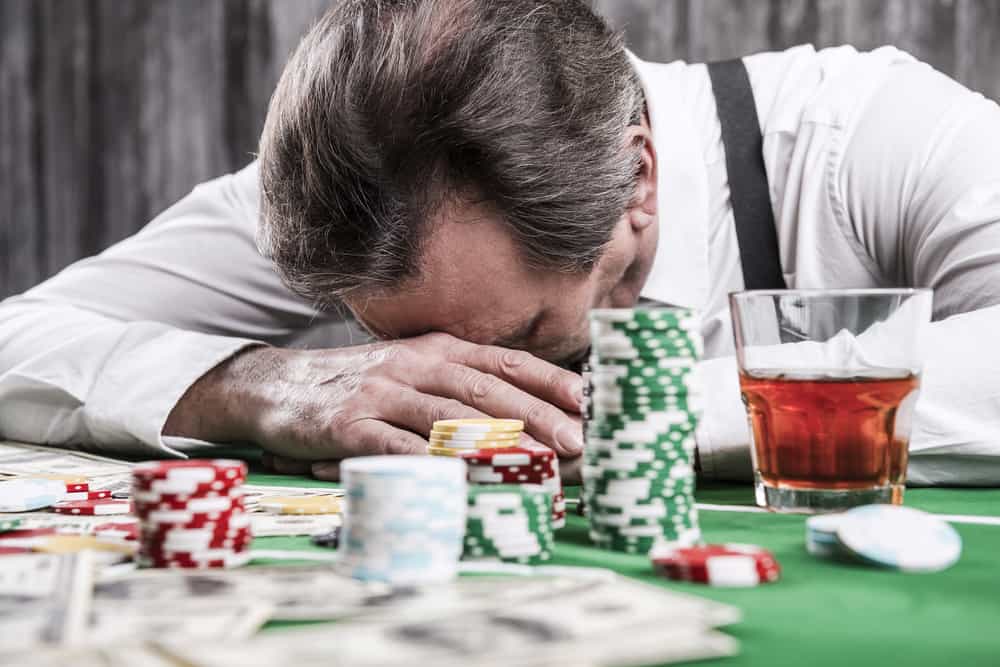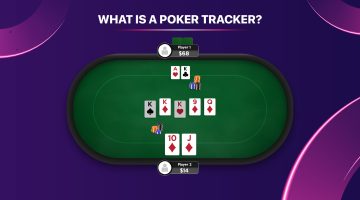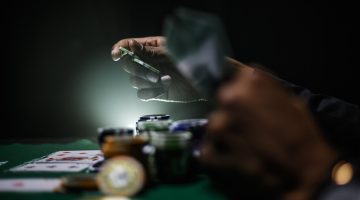
Is Poker Good Or Bad?
Poker can provide an income opportunity if you possess discipline and an affinity for competitive gaming. Poker also appeals to those who possess strong competitive spirit.
As players progress to higher stakes levels, they often discover that natural talent alone is not enough – hence hard work and studying become essential components.
Game of chance
Poker may be a game of chance, but you can increase your odds by devising a plan and employing effective strategies. Avoiding certain tells and practicing your poker face are essential in creating success in this form of gaming; holding cards below the table should also be avoided as this may indicate cheating; cheaters often hide cards in pockets (“An ace up your sleeve,” or on holdout devices), in order to mark their opponent’s hands as an indication.
If you’re serious about playing poker, you must devote ample time and energy into learning and practicing the game. While this may take away from social interactions and time with family and friends, if gambling becomes unmanageable it should be addressed immediately as this could have devastating repercussions if left unchecked, including financial ruin and leading someone else into addiction. Remember, it’s a zero sum game: for one person to win they must lose.
Game of skill
Poker is a game of skill that requires learning the rules and strategies in order to increase your odds of victory. But be careful – never wager money that isn’t available or responsible gambling should always be prioritised over gambling on borrowed funds! If gambling becomes problematic for you, seek help from professional services.
A good poker player understands how to keep their emotions under control and hide the strength of their hand from being revealed; this is known as “keeping your poker face.” You should also gain an understanding of how other player’s emotions manifest themselves on their faces in order to better interpret their behavior and interpret your opponent.
Be wary that poker can become addictive and habit-forming; if you find yourself losing control or spending more than you win, it may be time to stop playing. In addition, make sure to set aside time for family and other responsibilities; otherwise it may be an indication of gambling addiction treatment needs.
Game of instincts
An effective poker player must be able to manage their emotions. This is known as having a “poker face”, and its purpose is to prevent opponents from knowing whether you hold good cards or not, thus impacting decision making processes and leading them astray.
Attentive table etiquette and unwritten rules is also important, to make the game more enjoyable for all at the table, and increase your winning potential. For instance, it is crucial that no headset or music be played at the table; staring intently at a flop regardless of its benefits is also not advised.
Crying over bad beats only shows others that you are tilting and playing suboptimally moving forward, which will cost money. A better approach would be to learn from past errors and move forward from them.
Game of psychology
Poker requires a great deal of psychology to play successfully, requiring you to know both opponents and read their tells, while keeping a calm face expression to avoid making any sudden facial tics that give away your hand. Record yourself playing for practice sessions and review video footage later to identify any problem areas like tilting or emotional expressions that need improvement.
One of the biggest mistakes poker players can make is becoming too results oriented. Remembering bad beats or questioning their skill after losing sessions may lead to depression or addiction; therefore it’s essential that they only play when feeling happy and motivated.
Poker is a game of chance and there are no guarantees of victory in a cash game, even with pocket aces preflop. Thus, it is crucial not to become results driven when approaching poker.





